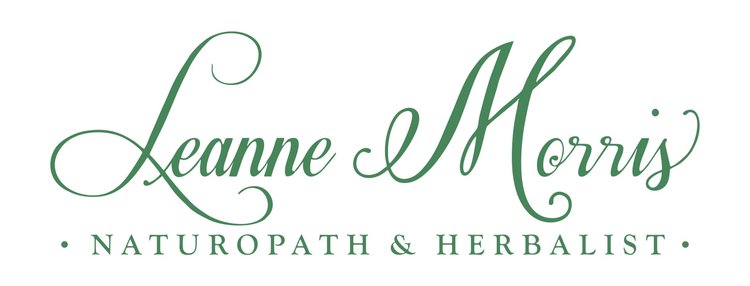Preconception and Beyond
Many couples plan for months for their wedding, holiday or of what car to purchase, but often very little thought or planning goes into preparing their bodies to achieve vigorous sperm and the healthiest egg possible to support ovulation and conception.
As a gardener, I always prepare my soil well before I plant a seed, and this is what I see as preconception care to be. A preparation period of at least four months is ideal, as it takes up to 116 days for men to produce new sperm and 100 days for the egg to be mature for ovulation. These 16 weeks before conception is the best time to address any nutritional deficiencies, address lifestyle habits (e.g. sleep, stress, emotions), reduce as much toxins as possible, and begin a preconception diet.
“In the instant that the sperm and egg combine, an irreversible genetic blueprint is formed for the future development of the baby.”
Preconception care is suitable for couples who are wishing to begin their family in the next six months. If infertility has been a factor or you have any significant reproductive or health issues, this will also be addressed.
I only work with couples, with both parties being on board, seeing me for at least six months before conception - it takes two to make a baby! Traditionally preconception care has been mainly focused on the woman. But research suggests sperm counts among men have more than halved in the last 40 years. Study of causes of infertility suggest that 30% is a male factor, 30% is a female factor, 20% both male and female factors are present and 20% unexplained.
If oral contraceptive pills have been used, it is recommend that these are stopped six months before conception as they have an effect on hormonal levels and can take six months to be eliminated from the body. They also affect nutrient depletions.
Preconception care covers:
Nutrient requirements for conceptionent
Temperature charting for fertility
How to keep a mucous and menstruation chart so that you can understand optimum conception times.
Preconception diet
Addressing stress
Lifestyle changes, e.g. sleep and exercise
Reducing toxins in your environment and your body
Preconception Care cannot guarantee you a baby. I am not an infertility practitioner. The aim is to provide you with an in-depth understanding of natural fertility cycles, an increased awareness of your own body, its rhythms and patterns, and the means to purposefully prepare your body for conception. In cases where infertility needs to be addressed by other specialists, this lays the groundwork for informed dialogue and optimal pretreatment health.
Once you get the exciting news you are having a baby, we can keep working together to ensure essential nutritional requirements for health and development are being met for both mother and baby.
Some ailments during pregnancy that I have experience with and can offer help with are:
Anaemia
Anxiety
Bladder infections
Fatigue, faintness, dizziness and/or light headedness
Frequent infections and/or allergies
Gastrointestinal disturbances
Gestational diabetes
Heartburn
Insomnia
Morning sickness
Preeclampsia
Threatened miscarriage


